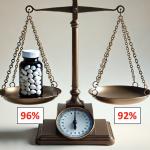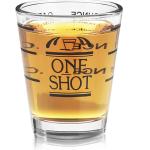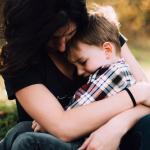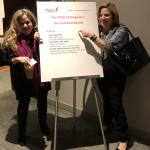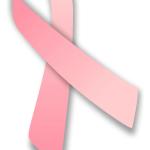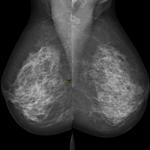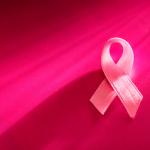A long-time family friend (I'll call her Beth) received mixed news earlier this year. She was told that she had breast cancer and would need surgery and radiation.
breast cancer
The practice of medicine is often far from straightforward, and simple logic can mislead. For example, elevated values of the widely used Prostate-Specific Antigen, or PSA, blood test are considered an early indicator of prostate cancer
One of our challenges at ACSH is trying to inform the public about assessing relative risk. Most people are terrible at doing this. They worry about flying but drive while texting.
It is only appropriate that during the week that honors National Pet Day research that supports using the superior snouts of dogs for cancer screening was presented at the annual Experimental Biology 2019 meeting of the
I had the distinct pleasure of presenting at Komen’s Pink, Purple Strength and Unity Conference on coping with a breast cancer diagnosis and how best to
I had the distinct pleasure of presenting at Komen’s Pink, Purple Strength and Unity Conference on coping with a breast cancer diagnosis and how best to
Given the preponderance of pink bows and media or community saturation of the subject of breast cancer in the month of October, especially, it is not unusual for us to get awareness fatigue.
Mammography remains the standard means of screening for breast cancer. For women with denser breast tissue, the superimposition of tissue may mask early tumors even for the most observant of radiologists.
Today was a good day for personalized medicine with the report in the NEJM on treating breast cancer. A study looked at women categorized by a 21-gene assay [1] that predicted recurrence and whose care was predicated upon those findings.
